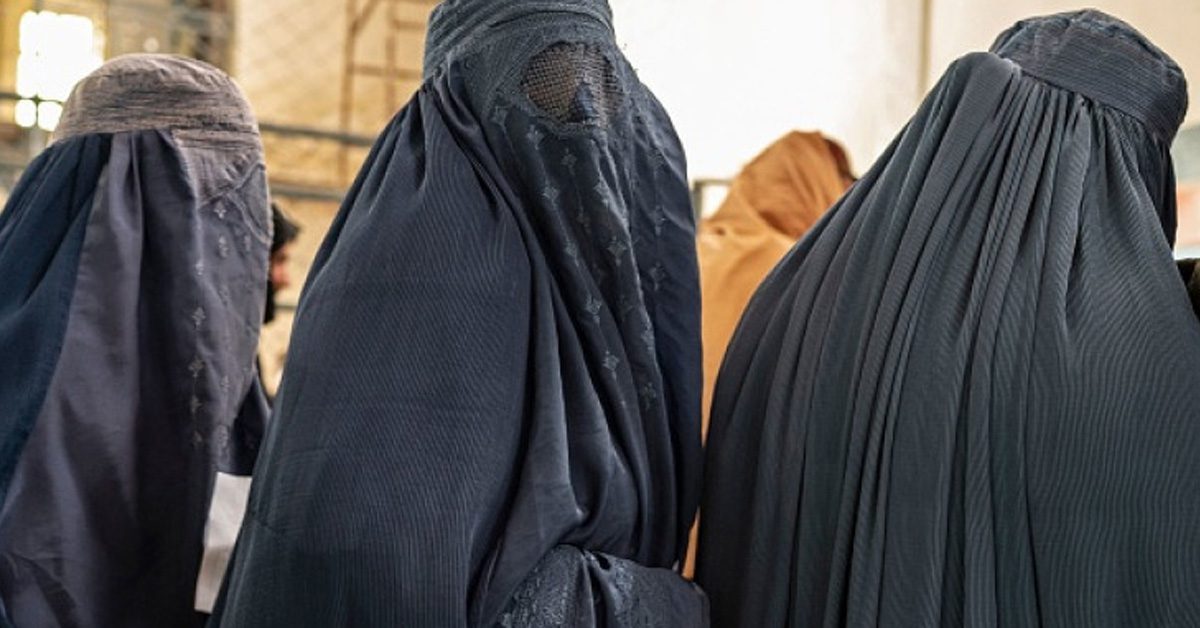In one case, authorities from the Vice and Virtue Ministry encouraged a lady to marry if she wanted to maintain her employment at a health care facility, claiming it was unsuitable for an unmarried woman to work.
Despite originally pledging more moderate leadership, the Taliban restricted women from most spheres of public life and prevented females from attending education beyond sixth grade as part of severe restrictions adopted after gaining power in 2021.
They have also closed beauty salons and begun imposing a dress code, detaining women who do not adhere to their version of hijab, or Islamic headscarf. In May 2022, the Taliban issued an edict requiring women to only expose their eyes and advising they wear the head-to-toe burqa, similar to restrictions imposed under the Taliban’s previous administration from 1996 to 2001.
According to the United Nations Assistance Mission in Afghanistan’s most recent quarterly report, which covers the period from October to December of last year, the Taliban are tightening down on Afghan women who are alone or do not have a male guardian, or mahram, with them.
There are no formal rules in Afghanistan governing male guardianship, although the Taliban have stated that women cannot move or go a particular distance without the presence of a man connected to them by blood or marriage.
Last October, three female health-care professionals were jailed for going to work without a mahram. According to the article, they were released after their families signed a written agreement promising not to repeat the conduct.
Since December, the Vice and Virtue Ministry in Paktia province has prohibited women without mahrams from accessing health-care facilities. It inspects health establishments around the province to guarantee compliance.
The ministry, which acts as the Taliban’s morality police, also enforces hijab and mahram rules for women who attend public areas, offices, and educational institutions via checkpoints and inspections.
According to the United Nations, in December, ministry officials visited a bus station in Kandahar province to check that women were not traveling long distances without mahrams and urged bus drivers not to allow them to board without one.
This includes imposing norms for the hijab, male guardianship, and gender segregation for women in school and jobs, he stated.
“If UNAMA criticizes these cases or considers explicit Islamic rulings as an act against human rights, then it is an insult to the beliefs of a people,” he told reporters.

